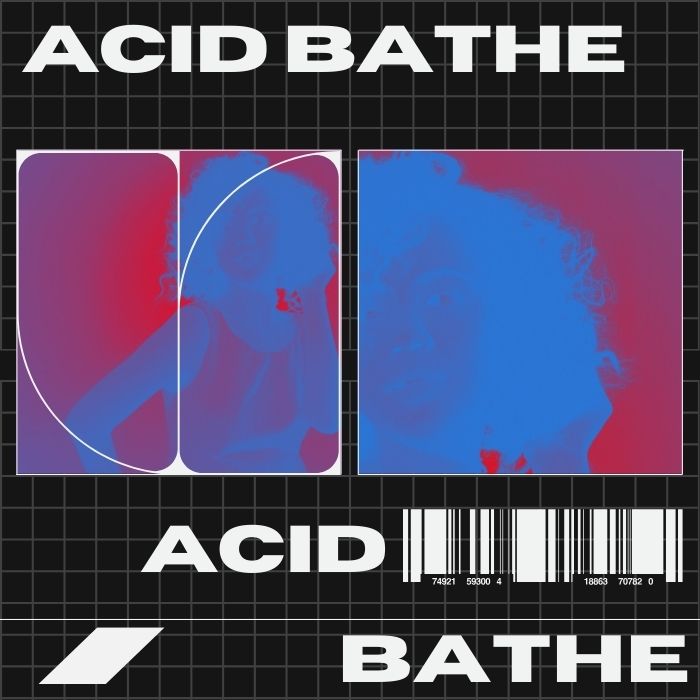The term “acid bath” brings a twisted, nearly cinematic frightfulness to mind—something straight out of a wrongdoing thriller or a turned research facility test. It summons pictures of bubbling, greenish fluid, the bitter fragrance of burning substance, and the moderate, inescapable disintegration of anything sad question or individual has been dove into its profundities. Corrosive shower isn't fair a state; it's an thought that burns into the intellect, eroding the edges of consolation.
Generally, corrosive showers have been utilized for both genuine and vile purposes. Mechanically, acids are utilized to strip metals, to clean surfaces, to refine materials. But at that point there are the darker uses—the notorious cases where hoodlums have endeavored to delete prove, dissolving bodies in vats of corrosive with the conviction that science itself would exculpate them of their sins. The case of John George Haigh, the "Corrosive Shower Killer," looms huge in such dialogs, a chilling update of how chemistry can turn huge in human hands.
Past the criminal world, "corrosive shower" too resounds in pop culture. It shows up in music, with the Texas slime metal band Corrosive Shower weaving frequenting, overwhelming tracks that feel like a moderate plunge into something thick and unforgiving. It appears up in comedian books and motion pictures, a figure of speech of transformation—think of the Joker's beginnings, his dive into a vat of chemicals that turned him into Gotham's smiling bad dream.
Indeed allegorically, the state "corrosive shower" can depict something that strips absent pretense, that burns down to the center. A brutal study, a scorching comment, a excruciating revelation—these, as well, can be an corrosive shower for the soul, dissolving figments and taking off behind as it were the crude truth.
There's something interesting almost the sheer irrevocability of an corrosive shower. It doesn't fair murder or annihilate; it eradicates, taking off behind as it were echoes, vapor, and the unsettling information that something—someone—was there and is presently gone.

 Please Vote for our
Please Vote for our